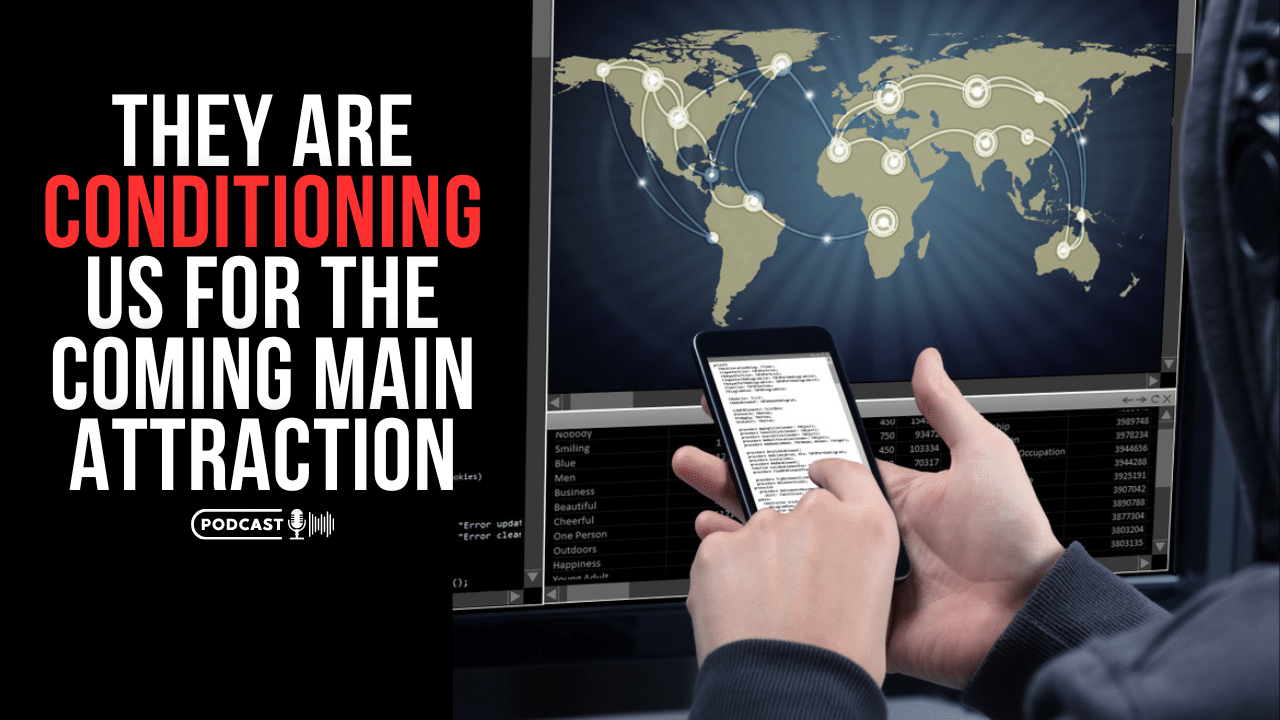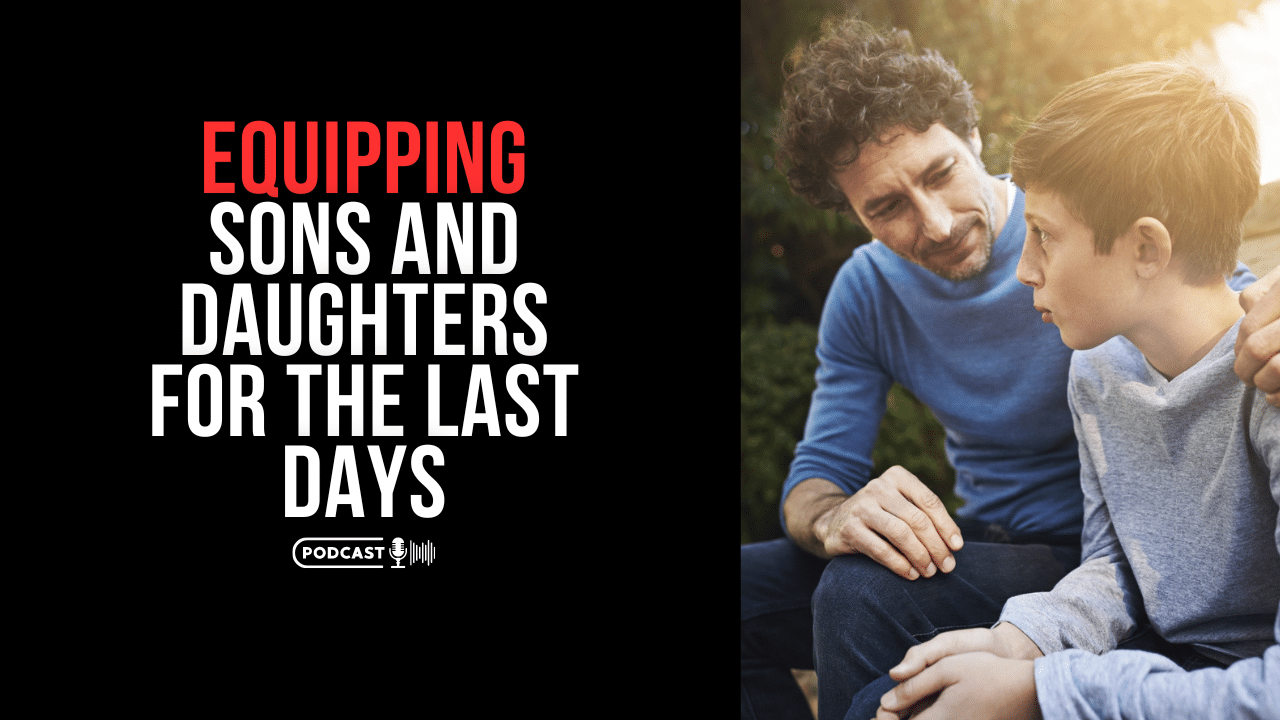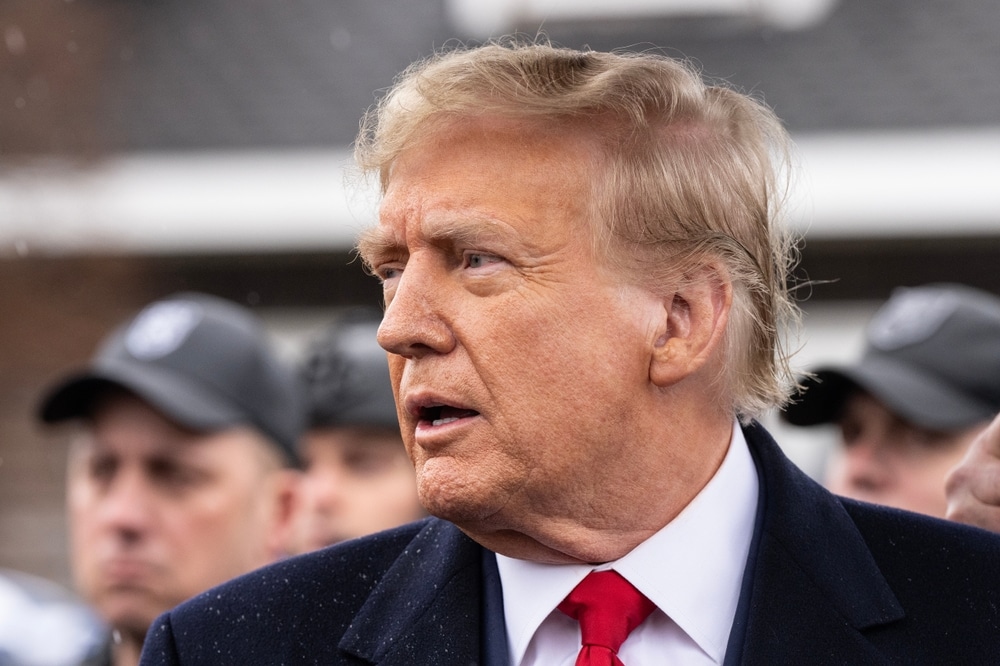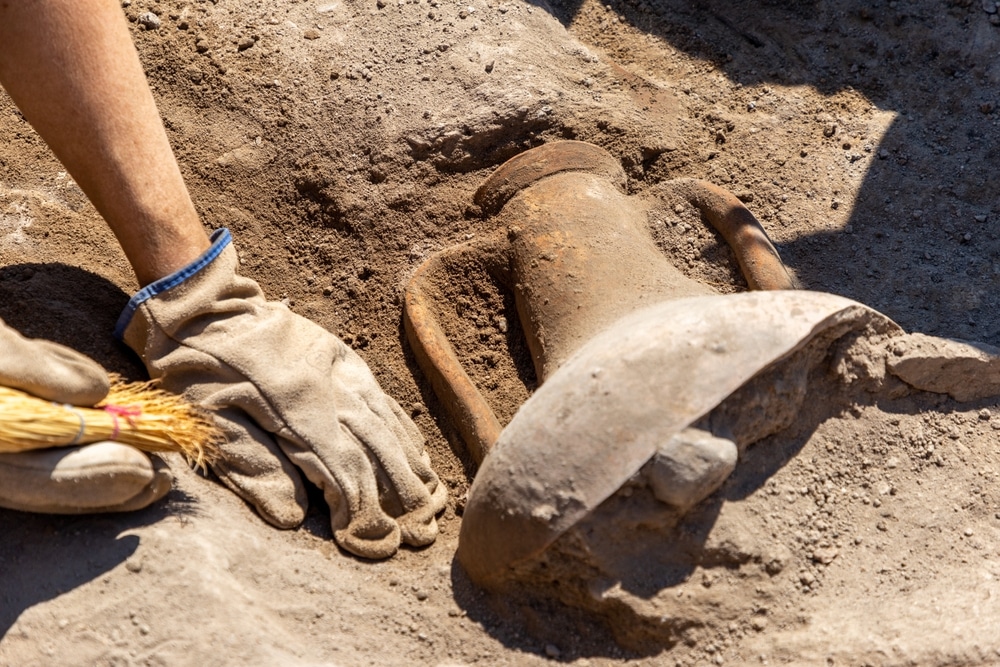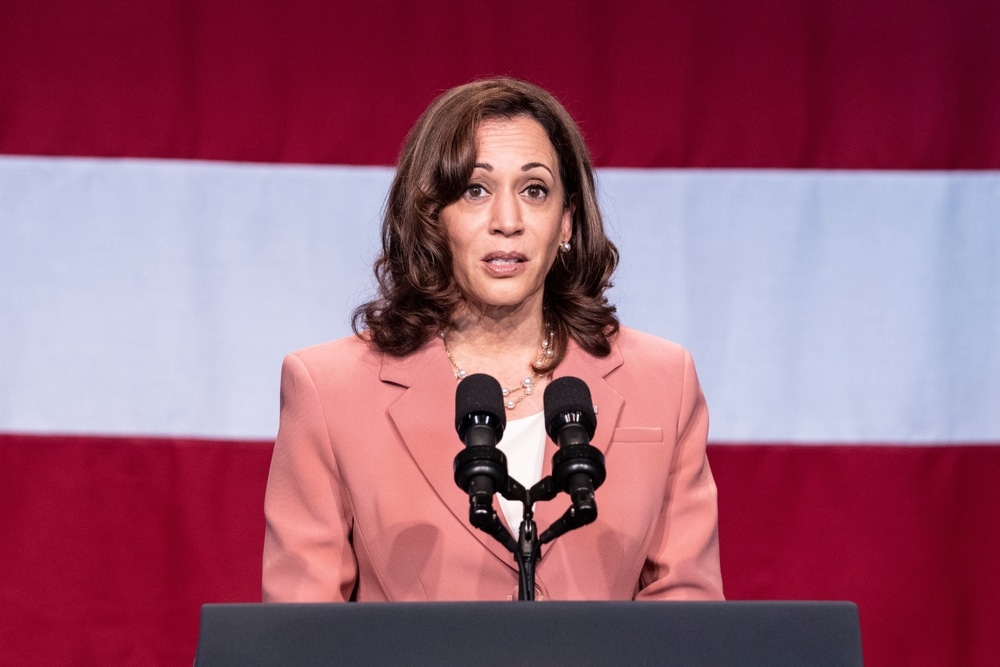(OPINION) America may soon be poised to go cashless. Now, the nation must decide if ditching the dollar bill is a good idea. Two-fifths of Americans used no cash in 2022. Back in 2015, by contrast, fewer than one-quarter of consumers went cashless, according to Pew surveys. In a separate poll, three-fifths of consumers told Gallup they used cash only on occasion last year, twice the share of five years ago.
Paper currency and coins are unsanitary, inconvenient, costly to handle and easy to steal. Criminal enterprises thrive on the portable anonymity of the hundred-dollar bill. Cashless transactions solve those problems, advocates say. They also allow Big Brother to track the American consumer’s every move.
“When you pay cash, I give you money, you give me a good, end of story,” said Jay Stanley, a senior policy analyst at the ACLU. “If you’re using your credit card for all of your transactions, then data is being collected about an enormous range of your activities, including medical conditions, political donations, sexual activities, how much liquor you buy, how many cigarettes you buy.”
In left-leaning New York, Philadelphia and San Francisco, city leaders have enacted laws that require businesses to accept cash, ostensibly to protect the “unbanked,” a small but significant share of citizens who rely on currency.
New York’s cash mandate seeded an epic battle between city regulators and Van Leeuwen, a chain of ice cream shops known for $6.50 scoops and cashless operations. Company owners held out for nearly two years before changing the rules last fall.
That was but one skirmish in a larger battle over the future of cash in American society. Consumers used cash for 20 percent of all payments in 2021, down from 31 percent in 2016, according to the Federal Reserve. In place of cash, shoppers favored the credit card (28 percent) and debit card (29 percent).
“People have literally been changing the way they pay for goods and services,” said Lee Rainie, director of internet and technology research at Pew. COVID-19 hastened the cashless trend. The pandemic inspired fears, largely misguided, that the virus might spread on currency. Many consumers stopped carrying cash, spurring a national coin shortage.
“I think it’s very much like the jump in e-commerce we saw during the pandemic,” said Ted Rossman, a senior industry analyst at Bankrate, the financial services company. “I think we’re going to continue to see a slow evolution away from cash.”
Much of the nation hasn’t looked back. Three-fifths of wealthier Americans, those with six-figure household incomes, told Pew pollsters they used no cash in a typical week in 2022. More than half of the under-50 demographic told Pew they no longer worry about carrying cash.
“There are good reasons why people change the way they pay, and it has to do with a combination of benefits to consumers and benefits to businesses,” said Todd Zywicki, a law professor at George Mason University who studies consumer finance.
“When you ask retailers who’ve gone cash-free, they’re primarily small retailers, and a lot of them are pretty straightforward: ‘After my store got robbed the fifth time, I decided it wasn’t worth taking cash.’” (SOURCE)



